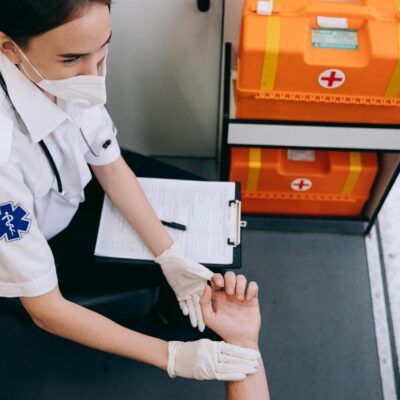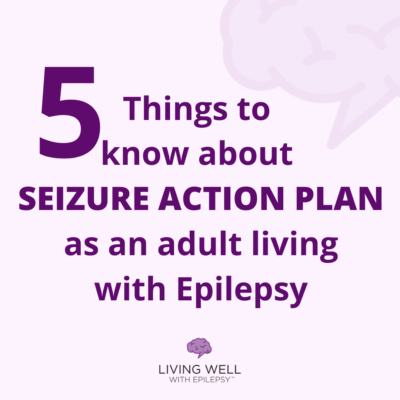 What is a seizure emergency?
What is a seizure emergency?
According to Johns Hopkins Medicine, a seizure is considered an emergency when it lasts more than 5 minutes, or when more than one seizures occur within a 5 minute period and the person doesn’t fully recover between seizures. This is a medical emergency and can lead to permanent brain damage or death.
Can seizures really harm the brain?
According to reporting in the New York Times by Linda Carroll, “mounting evidence now suggests that repeated seizures can indeed harm the brain — or, in rare cases, even lead to death.” This article, published in 2003, features supporting comments from luminaries in the field including Dr. Timothy Pedley, the chairman of the department of neurology and the neurologist in chief at the Columbia-Presbyterian Medical Center in New York; Dr. Robert S. Fisher, professor of neurology at Stanford University and Dr. Thomas P. Sutula, the chairman of the department of neurology and the director of the Center for Neuroscience at the University of Wisconsin.
”It’s the gorilla in the living room that nobody wants to talk about,” said Dr. Marc Dichter, director of the David Mahoney Institute of Neurological Sciences and a professor of neurology and pharmacology at the University of Pennsylvania.
Are seizure emergencies common?
Despite this research, the Epilepsy Foundation and many neurologists are comfortable promoting the concept that seizure emergencies are not common. In fact there have been several studies showing that epilepsy related causes of death are as high as 23%.
When should I use a rescue medicine?
- Seizures that are different than your usual type or pattern
- Seizures that last longer than normal
- Seizures that occur more frequently than usual
- Seizure clusters
- Seizure clusters that are different than usual
- Seizures or seizure clusters that occur during high-risk times – when sick, while sleeping, during medication changes
For more on rescue medications check out all our articles on the topic here.
This article was made possible through an educational grant from Neurelis Inc. Neurelis had no influence on the content of the articles or the videos or any aspect of this program.










Ruth Bowman
I appreciate your newsletter. For this particular article re when to use seizure rescue meds. Re: if seizures harm the brain, It would be good if you could quote more recent work than from 2003. Im convinced seizures hurt the brain. I see it every day with my adult son who has medicine resistant epilepsy/ seizures. There’s no way his brain isn’t getting damaged from all the seizures. My guess is that newer sources of info would confirm that.
Jessica K. Smith
Ruth, Thank you so much for your comment!
I agree there needs to be more discussion about the fact that seizures do infact hurt the brain. I referred to this article for several reasons. 1) the caliber of neurologists that are quoted. 2) there is a movement AWAY from the idea that seizures hurt the brain 3) There has been recent literature attempting to DISPROVE the work of these leaders in the field.